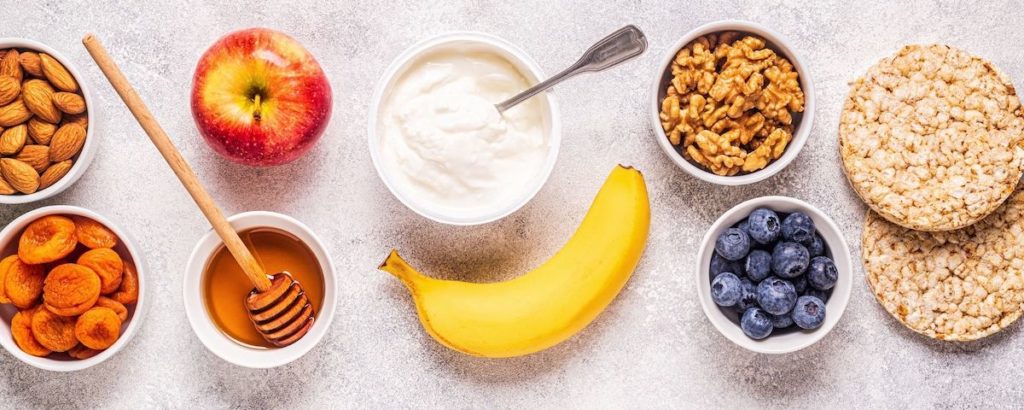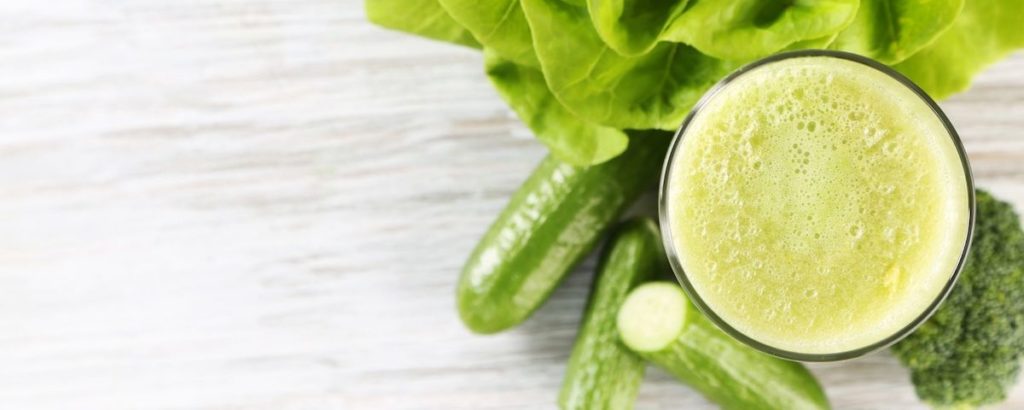Are carbs the enemy? 3 Nutrition Myths Debunked
January 24, 2022
Are carbs the enemy? Does the sight of bread or pasta send chills down your spine or are you conflicted with a wave of guilt at the thought of eating them? Take a deep breath because I’ll share with you why carbs are not the enemy and YES! You can enjoy them without guilt.
I’ll also share with you other popular nutrition myths I debunk often for my clients.
Before I debunk nutrition myths, it’s good to understand why nutrition myths even exist and how to best sort through those nutrition myths. So let’s dive in!

Why are there nutrition myths anyway?
There’s a lot of information available out there but is it coming from a reliable source? It’s very common for nutrition information to be provided by someone that may not have the relevant educational and/or professional background.
Using nutrition for gimmicks and marketing strategies is also very common. A brand or product will use a catchy message that may not be entirely accurate, to get likes on a social media page or increased web traffic.
Example 1
If I said, “Eat your fruits and vegetables.” That doesn’t come across very interesting, in fact it’s pretty boring.
But if a I say, “Cure (*insert disease) by eating broccoli!” This kind of claim may lead to a myth about the “powers” of eating a certain vegetable. See where I’m going with this?
Another way nutrition myths get started is based on personal experiences and the experiences of those around them.
Example 2
Let’s say you try a new “fad diet” (Which I don’t recommend. Much of my work is helping women come off the diet train) Plantable Nutrition Services
Back to the example, you try a fad diet and lose a lot of weight really fast. You tell your friends how it worked for you and they proceed to try this fad diet from your recommendation. Naturally our human bias might lead us to believe that this diet works for everyone.
Maybe you’re so excited, you share it on social media in an attempt to help other people. While well-intentioned, this is a flawed way of interpreting nutrition science and sharing advice.
Those are just some examples of how nutrition myths get started. It can be difficulty to find authentic and accurate nutrition information. A great tip, make sure your nutrition information is coming from a registered dietitian.
What nutrition “red flags” should I look out for?
I’m sure you already know the internet and social media are filled with potential land mines of misleading nutrition information. Here are some tips to help you find these nutrition red flags:
· Make sure the author or reviewer has listed credentials relevant to the field. Also look for a date published, the most current information is anything within the last 5 years.
· Is the website or social media page selling products? including both food and supplements. Companies that sell products may be pushing their own agenda in conjunction with offering nutrition information.
· Evaluate websites and social media for marketing gimmicks. Gimmicks may include weight loss guarantees, celebrity spokespeople, extremely restrictive diets and/or exaggerated claims.
· Listen to friends and family but do your own research. Although friends and family mean well, they may be starting nutrition myths without even realizing, by sharing information that’s specific to their personal history or experiences.
So now that you know how nutrition myths might get started and the red flags to look out for, let’s debunk nutrition myths!
These are my personal favorite nutrition myths to debunk with clients. You might be wondering, why are they your favorite to debunk?
When I’m able to help my clients sort through the misinformation to these particular nutrition myths, it opens a door for them to have a healthy relationship with food and begin to heal from the diet mentality and trust themselves more around food.
My Favorite Top 3 Nutrition Myths to debunk:
Nutrition Myth #1: Carbohydrates are the enemy, they cause weight gain.

Fact: No one nutrient, food, or food group causes weight gain.
One food or food group doesn’t cause weight gain. In general, weight gain will result when calories are consumed in excess of what the body needs to maintain it’s natural body weight.
A diet for optimal health includes many foods with carbohydrates, our body’s preferred source of energy. When it comes to carbohydrates, consider the quality. Choose carbohydrates that are packed with nutrient powerhouses like fiber, vitamins, and minerals. Complex carbohydrates with fiber digest and absorb more slowly than simple or refined carbohydrates, keeping us full for longer and more satisfied.
Examples of complex carbohydrates
Whole wheat, quinoa, oats, barley, farro, legumes, brown rice
Nutrition Myth #2: Snacking is unhealthy.

Fact: Snacking can be part of healthy eating, and actually is important for metabolism.
Depending on your needs and a meal’s size and composition, a meal with carbohydrates, protein, and fat will keep you full for an average of 3-4 hours.
Snacking can help curb hunger while providing fuel to have energy throughout the day. Choose a balanced snack with both protein and a fruit or vegetable.
A snack with only refined carbohydrates, like pretzels, will be digested quickly. Meaning you’ll be hungry again quickly and may potentially lead to overeating at the next meal or snack.
A balanced snack with protein, complex carbohydrates, and fiber digests more slowly, keeping us full for longer.
Snacks are an easy and great way to include and additional serving of fruit or vegetables. Consuming enough fruit and veggies is important for our immunity, energy levels and metabolism. To find out if your metabolism needs a reboot, take the quiz
Delicious Snack Examples
Peanut butter and apple slices, a hard-boiled egg and berries, roasted edamame and carrot sticks, or hummus and celery sticks.
Nutrition Myth #3: Juicing or cleansing is required to “detox” your body.

Fact: Our body has natural mechanisms through which to detox.
Juices or cleanses claim to aid weight loss, improve skin health, and detox the body by removing toxins, etc. There’s no one food or diet that can deliver on these promises. In fact, some cleanses, diets, and supplements may be harmful. Always talk to your doctor and registered dietitian before taking supplements or following a diet.
You don’t need specific foods, drinks, or diets to detox because your body does that for you.
Your liver and kidneys remove waste from your body while helping maintain hydration and process medicine and alcohol, among other functions. How cool is that!
Your lungs and skin are also involved in detoxification.
The best way to promote optimal health for your body is a diet rich in vegetables, fruit, legumes, whole grains, and lean protein, while leaving room for other fun foods too!
How can I find credible nutrition information?
Next time you have a nutrition question consider using these tips before hitting the search button to help you sift through the nutrition myths.
· Seek out .org, .edu, and .gov sources can be more reliable. Keep an open mind. If the information sounds too good to be true, it probably is. With that being said, many registered dietitians have .com websites which leads me to my next tip.
· Look for pieces written by authors and/or reviewers with relevant credentials like an RDN.
· Do your own research. Read about the topic yourself, seeking several high-quality sources (like an RDN), don’t just take someone’s word for it.
· Follow dietitian bloggers and social media accounts by looking for “RD” and “RDN” after their names.
· Ask a credentialed healthcare professional like a registered dietitian or a medical doctor.
There you have it, you should feel confident in your food choices! Follow these strategies to find reliable nutrition information and if in doubt, ask a credentialed healthcare professional like a registered dietitian. Keep an open mind and be open to new ideas but maintain a healthy dose of skepticism.
To download a copy of this article to save to your files for future references, click here.
Marissa Perrotta is a registered dietitian and registered yoga teacher specializing in family nutrition helping families and moms have a healthy relationship with food.